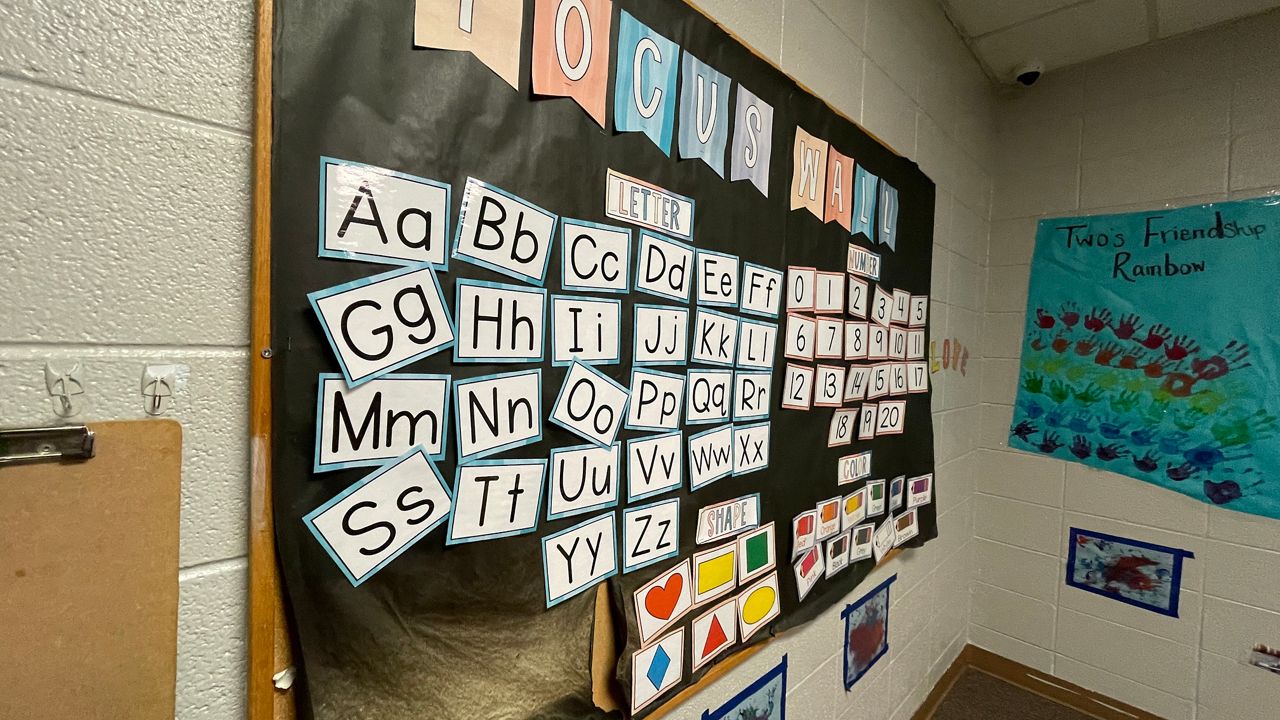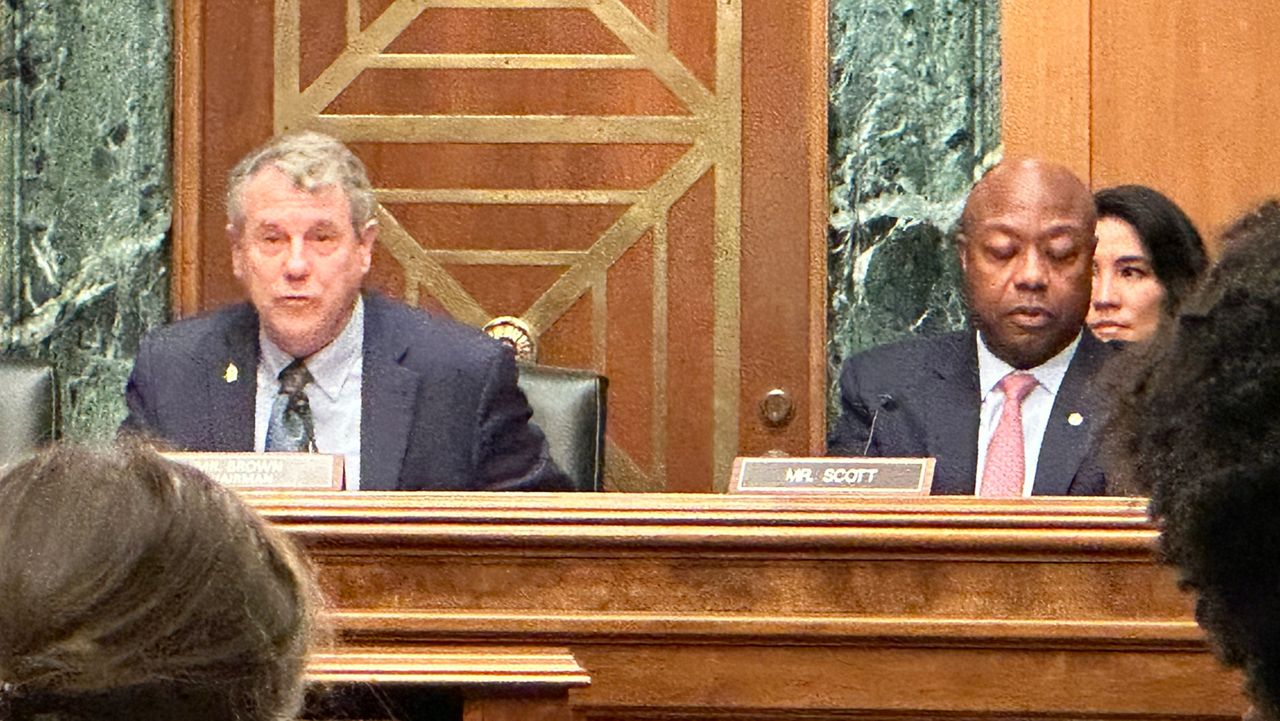COLUMBUS, Ohio — School absences have become a growing problem ever since the pandemic, and now a proposal in the form of House Bill 348 is considering paying students in public schools.
One of the bill’s sponsors, State Rep. Dani Isaacsohn, D-Cincinnati, said he wants to establish two pilot programs fighting absenteeism and helping fight against high school drop-out rates.
The bill would target kindergarteners and ninth graders statewide and allocate $1.5 million to pay the students.
“It would save us money because of higher earning potential, lower incarceration rates, lower use of public benefits,” Isaacsohn said.
Isaacsohn said Ohio has a problem with absenteeism in school. While he acknowledges that paying students won’t solve everything, he believes it’s the place to start.
“There’s other fundamental issues, and the answer is we absolutely should and will address those issues,” he said. “But those are long term fixes, and this is an attempt to have a short-term intervention that could help get us there.”
Under the program, Ohio’s kindergarteners and ninth graders would earn $500 per year, depending on how the school district allocates the money.
At this point, the bill doesn’t specify what attendance rate the students would need in order to qualify. The money could go to parents, guardians or the students themselves.
“Kindergarten is that foundational educational year,” Isaacsohn said. “And, if you’re missing more than 10% of the time in kindergarten, you’re really setting yourself up for a much more difficult educational journey.”
Kelly Hammersmith, a public school teacher, is opposed to the idea. She said it’s really about engagement.
“That’s what we hope for our kids,” she said. “We really hope that they come and that they’re engaged.”
Hammersmith works with students who are falling behind in their studies. Her goal is to help high school students graduate on time. She said that while the legislation has good intentions, she does not believe that money is the answer.
Hammersmith said it could take away from what learning is all about.
“Usually, absences are not starting at a young age, and they, they kind of coincide whenever something traumatic happens with them,” Hammersmith said.
Sponsors say it will be up to the school district to decide how to distribute the money.
According to the sponsors, Ohio would be the first state to enact such a law. At this time, the bill is currently sitting in the House Primary and Secondary Education Committee.









